How Much Free Work Is Too Much?
July 2025 / Amanda Stonerock
If you work in the nonprofit world or run a mission-driven business, you’ve likely heard some version of this phrase more times than you can count:
“Could we pick your brain?”
“Would you mind just reviewing this real quick?”
“We don’t have a budget right now, but we’d love your input.”
Sound familiar?
In the name of community, collaboration, or just plain kindness, many of us end up doing a lot of work for free—from late-night grant reviews to strategy calls that somehow never turn into contracts. And while generosity and collaboration are part of what make this sector beautiful, they can also lead to burnout, blurred boundaries, and missed opportunities for real growth.
When Free Work Becomes Costly
The cost of unpaid labor isn’t just financial. It can erode your time, energy, and ability to serve paying clients well. More importantly, it can send the wrong message about the value of your expertise.
Nonprofit professionals and small business consultants often carry a deep sense of responsibility to show up and help wherever needed. But there’s a difference between being helpful and being taken for granted.
Here’s how to tell the difference:
- You’re consistently doing work that would be paid elsewhere—for free
- You feel resentful or depleted afterward
- The “favor” becomes a pattern, not a one-time exception
- There’s no clear value exchange, mutuality, or follow-up
Boundaries Are Part of Your Mission
Protecting your time and setting clear limits isn’t selfish - it’s strategic. You can’t do your best work when you’re running on fumes. And more importantly, you can’t model sustainability for others if you’re not practicing it yourself. Here are a few ways to create healthier boundaries:
- Set limits: Offer one-time advice calls or clearly define pro bono hours.
- Be transparent: “I’d love to help, but my pro bono capacity is full this quarter.”
- Create alternatives: Direct people to free resources, blog posts, or group sessions.
- Name your value: Let people know what your time usually costs—even when you're offering a discount.
You Can Still Make an Impact
Saying no to unpaid work doesn’t mean saying no to your mission. It means choosing where and how you show up most powerfully.
You can still:
- Mentor emerging leaders with intention
- Host a free workshop or office hours once a month
- Offer sliding scale services on your terms
- Advocate for better funding that includes fair admin and consulting costs
You are allowed to charge for your brilliance.
You are allowed to protect your time.
And you are still doing good work, even when you say no.
Want to talk about where you’re overextending, or where to draw the line?
Book a 90-minute coaching session with us.
No long-term commitment, just real support when you need it most.
